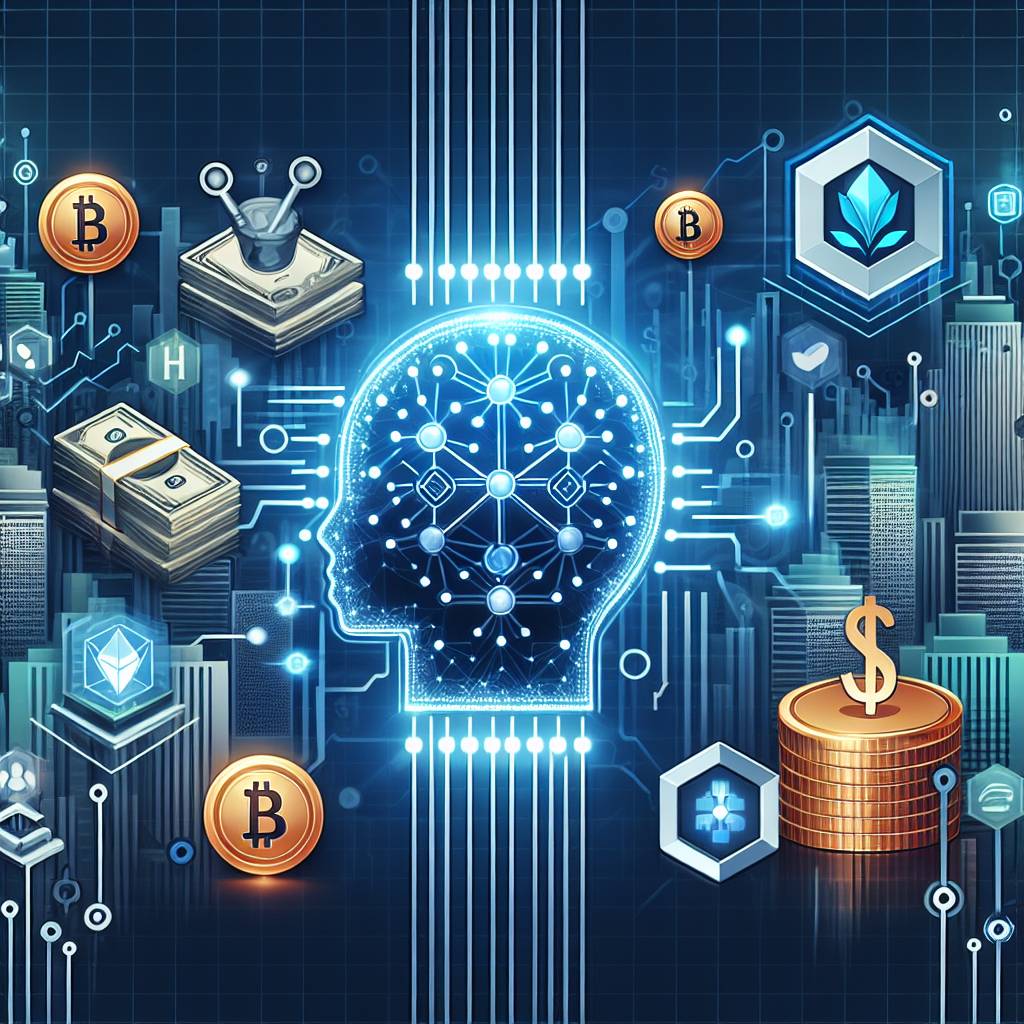Which blockchain platforms are commonly used for NFT games?
What are some popular blockchain platforms that are commonly used for NFT games? I'm interested in knowing which platforms are most commonly used by game developers to create and trade non-fungible tokens (NFTs) in the gaming industry.

3 answers
- One of the most commonly used blockchain platforms for NFT games is Ethereum. Ethereum's smart contract functionality and wide adoption make it a popular choice for game developers to create and trade NFTs. With Ethereum, developers can leverage the power of decentralized finance (DeFi) and benefit from the large user base and existing infrastructure. Another popular blockchain platform for NFT games is Binance Smart Chain (BSC). BSC offers lower transaction fees compared to Ethereum and has gained popularity among game developers looking for a more cost-effective solution. BSC also provides compatibility with Ethereum, allowing developers to easily bridge their NFTs between the two platforms. In addition to Ethereum and Binance Smart Chain, other blockchain platforms like Flow, Polygon, and Tezos are also commonly used for NFT games. Each platform has its own unique features and advantages, so game developers choose the platform that best suits their specific needs and requirements. Overall, the choice of blockchain platform for NFT games depends on factors such as scalability, transaction fees, community support, and developer tools. Game developers should carefully evaluate these factors before selecting a platform for their NFT game project.
 Dec 25, 2021 · 3 years ago
Dec 25, 2021 · 3 years ago - When it comes to blockchain platforms commonly used for NFT games, Ethereum is definitely the big player in the market. Its robust smart contract capabilities and established ecosystem make it a top choice for game developers. However, it's worth noting that Ethereum's scalability issues and high gas fees have led some developers to explore alternative options. One such alternative is Flow, a blockchain platform specifically designed for NFTs and gaming. Flow offers high throughput and low fees, making it an attractive option for developers looking to create immersive and scalable gaming experiences with NFT integration. Another popular choice is Polygon, a layer 2 scaling solution for Ethereum. Polygon provides faster and cheaper transactions compared to the Ethereum mainnet, making it a viable option for NFT games that require high transaction throughput. Lastly, Tezos is also gaining traction in the NFT gaming space. Tezos offers a unique self-amending blockchain protocol, allowing for easy upgrades and improvements without the need for hard forks. This flexibility and governance model make Tezos an interesting choice for game developers looking for long-term sustainability and community involvement. In conclusion, while Ethereum remains the dominant blockchain platform for NFT games, Flow, Polygon, and Tezos are emerging as strong contenders, offering scalability, lower fees, and unique features that cater to the specific needs of game developers.
 Dec 25, 2021 · 3 years ago
Dec 25, 2021 · 3 years ago - As a representative of BYDFi, I can confidently say that our platform is also commonly used for NFT games. BYDFi offers a secure and user-friendly environment for game developers to create, trade, and monetize NFTs. With our advanced blockchain technology and robust ecosystem, BYDFi provides a seamless experience for both developers and gamers. In addition to BYDFi, Ethereum and Binance Smart Chain are widely recognized as popular choices for NFT games. Ethereum's established reputation and Binance Smart Chain's cost-effectiveness make them attractive options for game developers seeking to leverage the power of blockchain technology in their games. It's important for game developers to carefully evaluate their specific needs and consider factors such as scalability, transaction fees, and community support when choosing a blockchain platform for NFT games. Each platform has its own strengths and weaknesses, so developers should choose the one that aligns best with their goals and requirements.
 Dec 25, 2021 · 3 years ago
Dec 25, 2021 · 3 years ago
Related Tags
Hot Questions
- 98
Are there any special tax rules for crypto investors?
- 96
What are the advantages of using cryptocurrency for online transactions?
- 92
What is the future of blockchain technology?
- 86
What are the tax implications of using cryptocurrency?
- 76
How does cryptocurrency affect my tax return?
- 72
How can I protect my digital assets from hackers?
- 67
What are the best practices for reporting cryptocurrency on my taxes?
- 51
How can I minimize my tax liability when dealing with cryptocurrencies?
